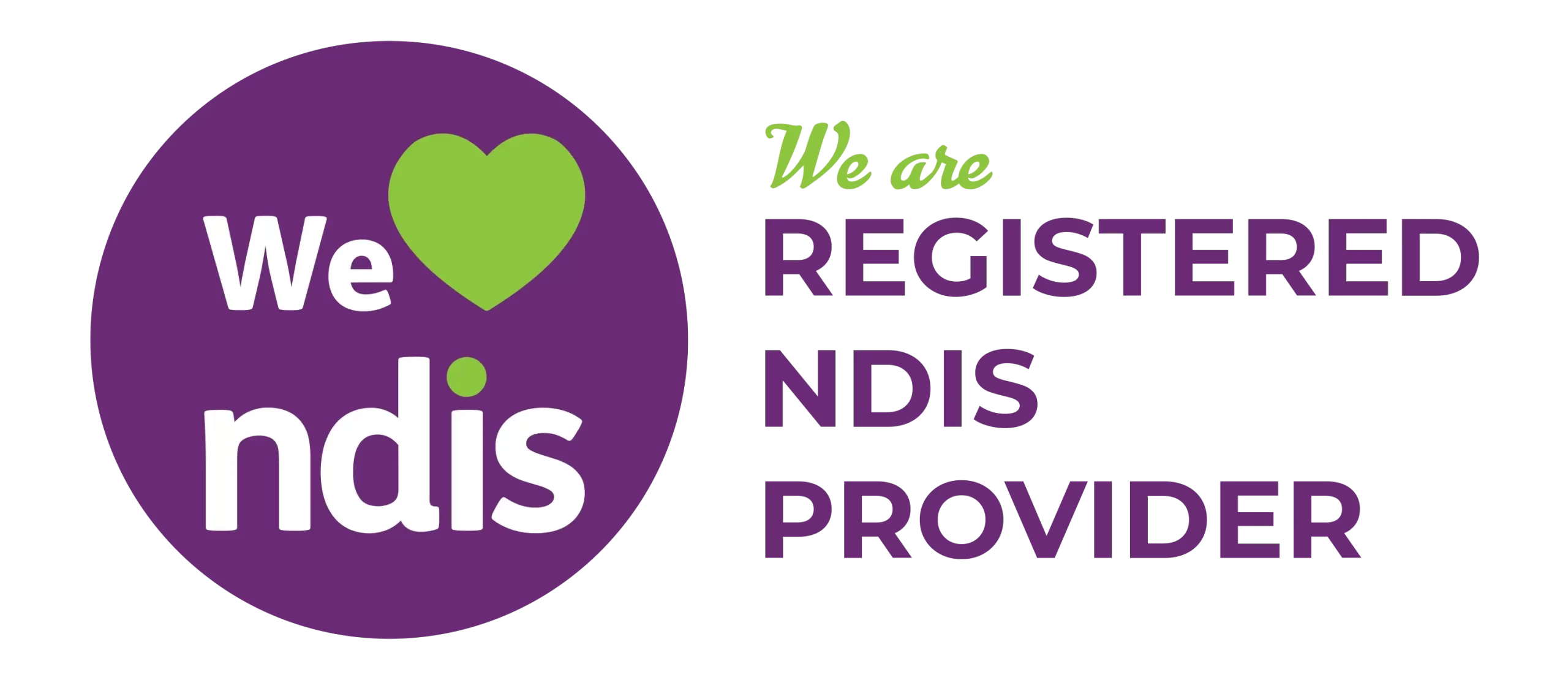Explore our FAQ section for clear answers to common questions about the National Disability Insurance Scheme, eligibility criteria, available supports, and more, designed to help you easily navigate this vital program.
The National Disability Insurance Scheme (NDIS) is an Australian government program that provides support and services to individuals with significant and permanent disabilities. Its primary goal is to help people with disabilities achieve their goals, enhance their independence, and improve their overall quality of life.
To qualify for NDIS support, individuals must meet specific criteria. They should be under 65 and have a significant and permanent disability that substantially impacts their daily life and functioning.
NDIS offers various types of support, including Core Supports (daily living, transport, etc.), Capacity Building Supports (employment, community participation, etc.), and Capital Supports (equipment, home modifications, etc.). These supports are tailored to individual needs.
NDIS covers a wide range of expenses related to disability support, such as personal care, therapy, assistive equipment, home modifications, and community participation activities. The specific services covered depend on the individual’s NDIS plan.
NDIS funding is allocated for services considered “reasonable and necessary” for the participant’s disability. This means the services should be directly related to the person’s disability, be effective, and represent value for money.
NDIS does not cover services that are unrelated to a person’s disability or those that are considered the responsibility of other government agencies (e.g., mainstream health services). It also does not cover day-to-day living costs unrelated to disability.
Yes, transportation and mobility services can be included in your NDIS plan if necessary for your daily life or to achieve your goals. This may include funding for assistive technology or vehicle modifications.
To meet the eligibility criteria, you must be under 65, an Australian citizen, a permanent resident, or hold a Protected Special Category Visa. You must have a significant and permanent disability that impacts your daily life.
If you are above 65, you may not be eligible for the NDIS. Instead, you may be eligible for aged care services.
An NDIS plan is a document that outlines the support and services you will receive under the NDIS. It includes your goals, funded supports, budget, and other relevant details. Your plan is developed based on your needs and goals through a planning process with the NDIS.






